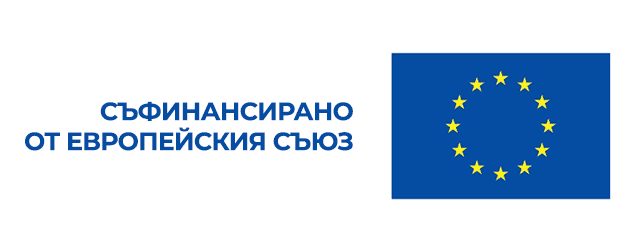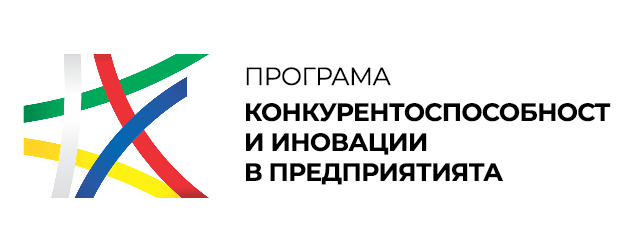Improving Offspring Communication with Si-Based HydrogenScientific Research
original title: Social Communication of Maternal Immune Activation-Affected Offspring Is Improved by Si-Based Hydrogen-Producing Agent
DOI: 10.3389/fpsyt.2022.872302-
Abstract:
Maternal immune activation (MIA) is triggered by infection or autoimmune predisposition during pregnancy, and cytokines produced by MIA are transmitted through the placenta to the fetal brain, implicating at the onset risks and vulnerability for developmental and psychiatric disorders, such as autism spectrum disorder (ASD) and schizophrenia. To address these kinds of problem in child health, we have developed a silicon (Si)-based hydrogen-producing antioxidant (Si-based agent) that continuously and effectively produces hydrogen in the body. Medical hydrogen is known to have antioxidative, anti-inflammatory, and antiapoptotic effects, therefore we applied our Si-based agent as a potential therapeutic agent to MIA. Using a MIA mouse model, we found that the Si-based agent improved the social communication of MIA offspring mice. We also found that the Si-based agent suppressed the expressions of inflammation-associated genes Ifna1 and Il-6 in the mouse brain. These results demonstrate that the Si-based agent is an effective prophylactic agent against MIA during pregnancy, suggesting that our Si-based agent may be a preventative or therapeutic agent for ASD and other disease risks in child health suppressing MIA damage. Keywords: autism spectrum disorder (ASD); hydrogen; inflammation; maternal immune activation (MIA); neurodevelopmental disorders (NDDs); silicon; social communication; ultrasonic vocalization (USV).





